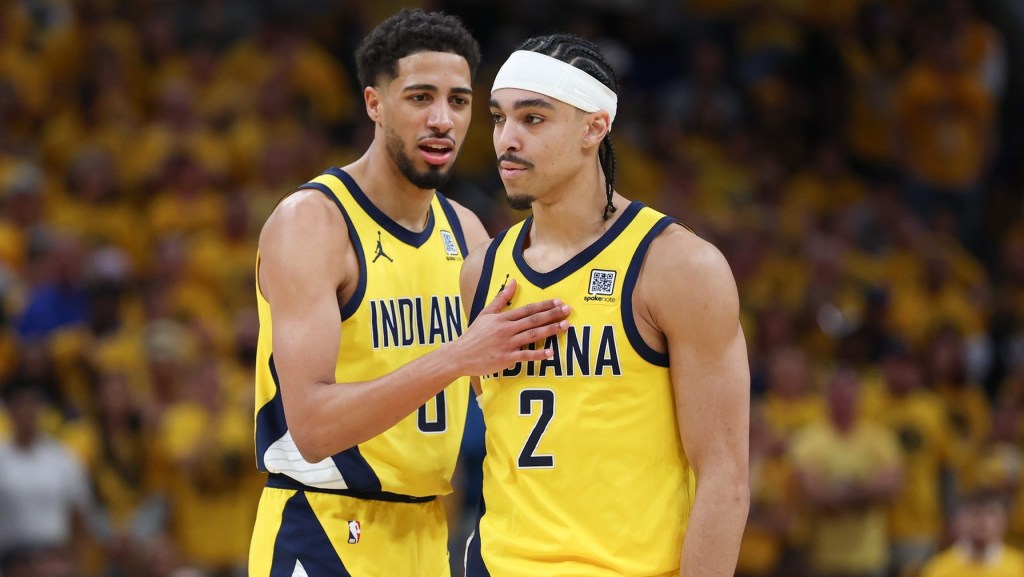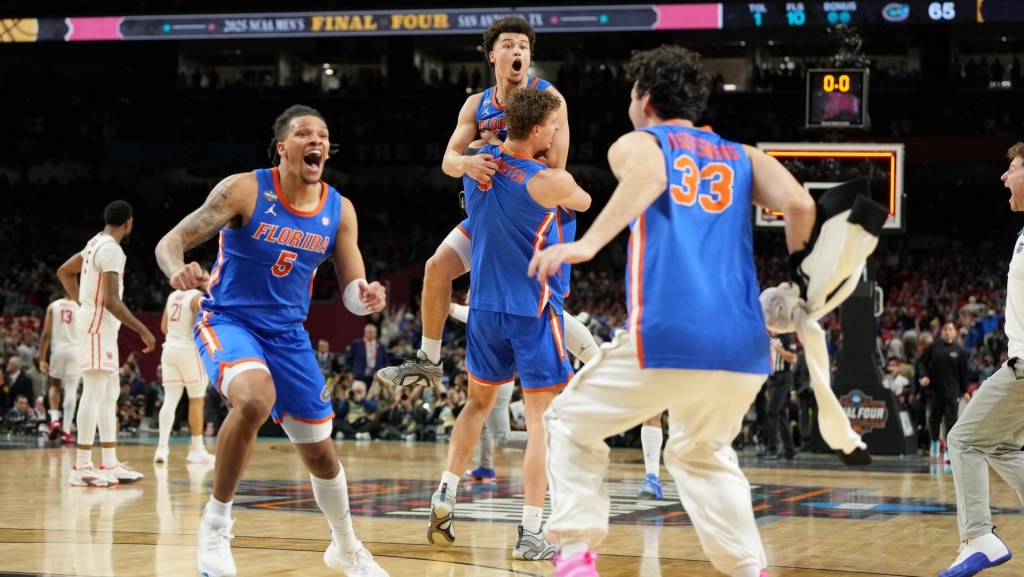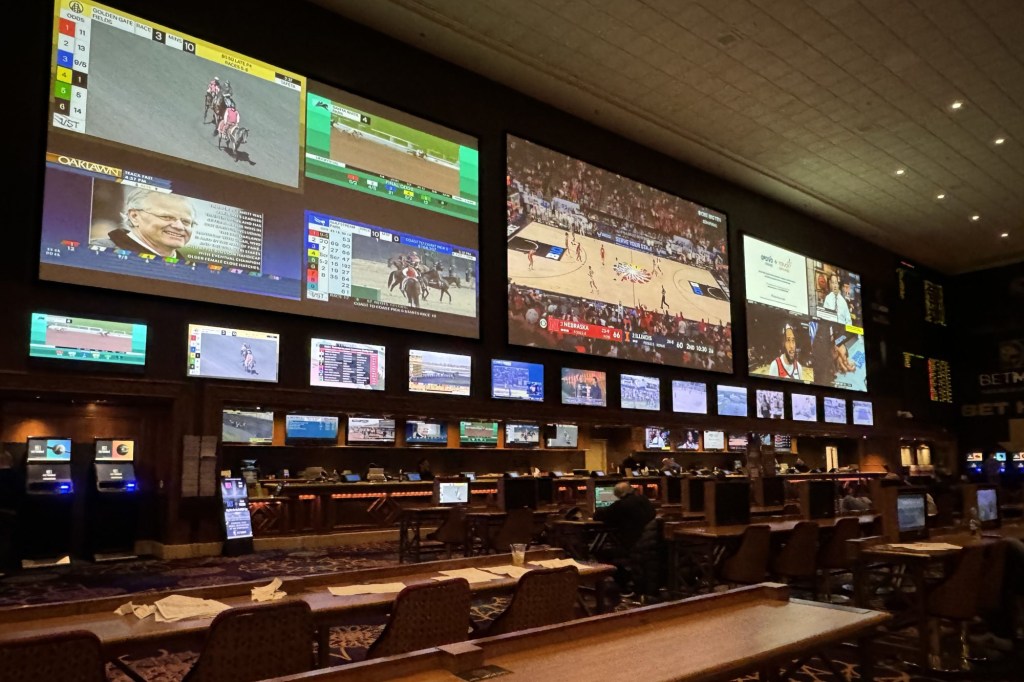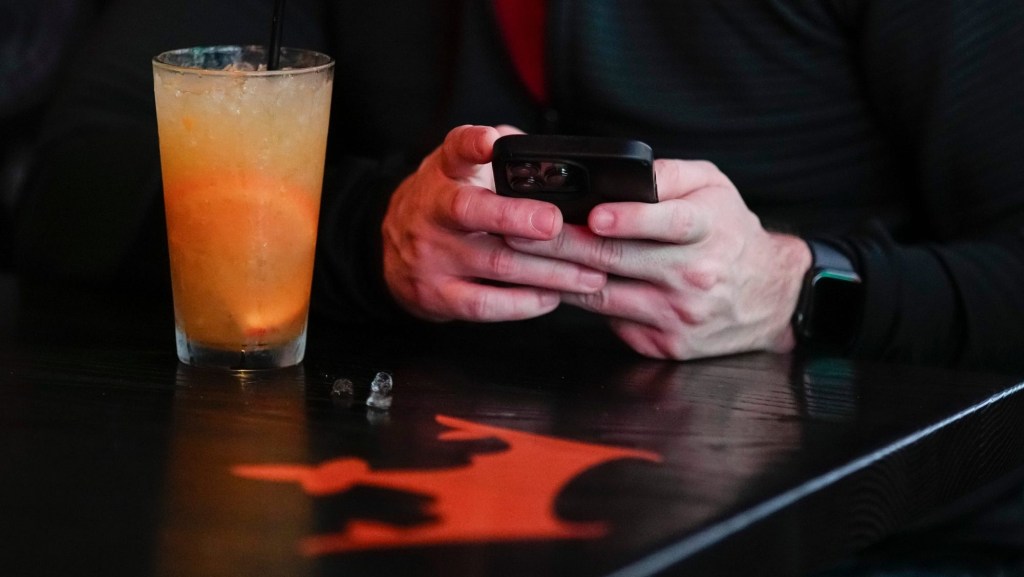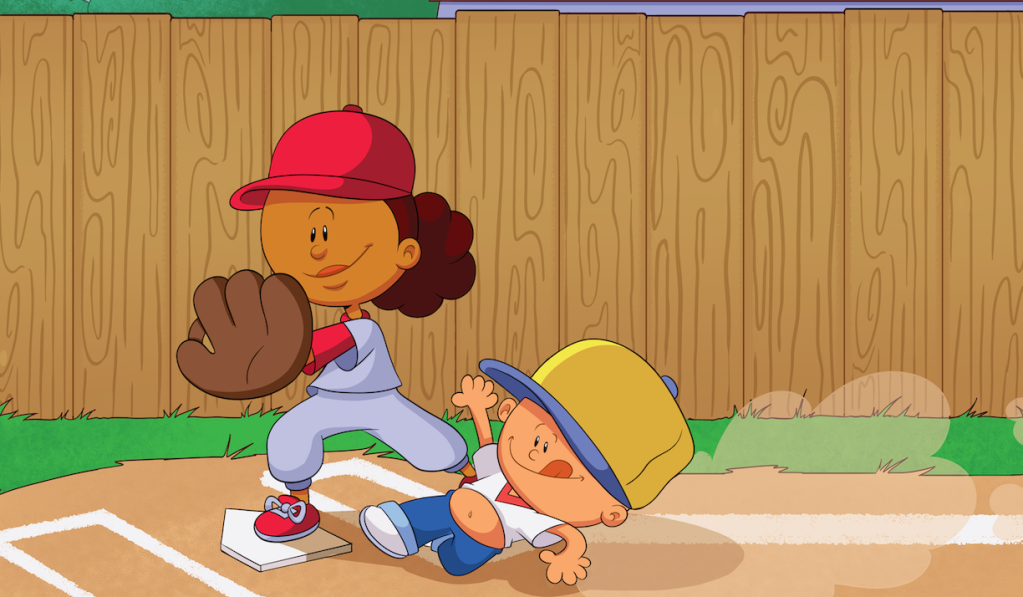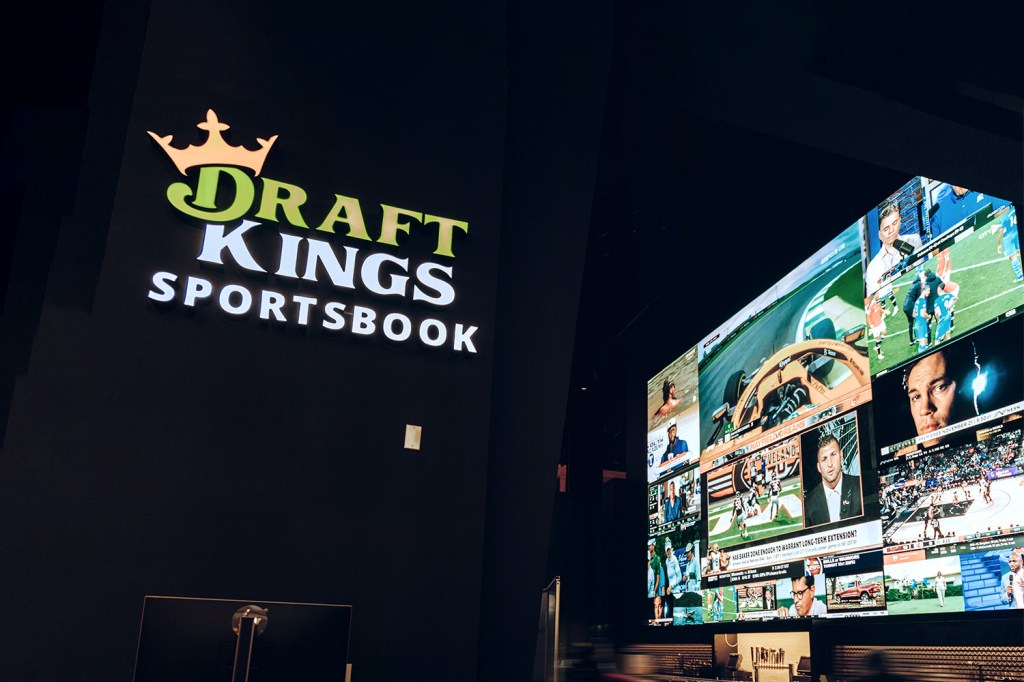This story has been updated to reflect that Activision Blizzard has added dedicated servers to help Call of Duty League players connect from home.
A shift from live events to solely online play by Activision Blizzard’s Call of Duty League has led to a unique set of problems and creative solutions for franchises, players, and sponsors.
While players are accustomed to practicing online in the lead-up to competitions, changes forced by the coronavirus pandemic have impacted operations in the league’s first year, according to team owners.
Gone are the expected revenue from merchandise and ticket sales from live competitions. Instead, executives are working around the clock to create “make goods” for sponsors to activate on social media and during telecasts that are broadcast exclusively on YouTube Gaming.
“We came up with creative ways for sponsors to know we are still supporting their brand in a big way and that they are getting a good amount of advertising,” Mike Rufail, owner and CEO of Dallas Empire, said.
They include on-screen logos on broadcasts and the use of team digital channels to push sponsored content even more, he added. All Call of Duty League players are still wearing team jerseys with visible sponsor patches that can be seen via webcam while playing remotely.
READ MORE: Q&A: Call of Duty League Commissioner Johanna Faries on Debut Season Lessons
On April 10, Dallas hosted the first remote Call of Duty League home series of the season. Like other professional esports leagues and events, Call of Duty normally relies on local area networks to ensure matches are played without much lag. The move to remote Wi-Fi networks has created a level of volatility in broadcasting matches.
“Day one of our home series went probably about how we expected it to,” Rufail said. “Not perfect conditions, but at the end of the day even the live events we produce can have technical issues.”
But even with the shift online, viewership for the Call of Duty League has declined compared to live events earlier in the season. Home series are also now spread out over three days as opposed to two at the beginning of the year.
Average viewership on YouTube for the Dallas Home Series year-to-date is 539,000, down 35% from the league’s total streams for its last live event in Los Angeles March 7. Viewership for the recently-completed Chicago Home Series has rebounded to average 762,000 viewers.
Tom Ryan, general manager of the Florida Mutineers, credits the dip in viewership to both the Call of Duty League working to establish its new online format with fans and the beta release of Valorant by Riot Games, which has attracted eyeballs on Twitch and YouTube.
The Mutineers will host the Call of Duty League’s next home series, beginning on May 8.
“The one pro about playing online is that we can still run events and stream them. But you run into latency issues and I’m sure players would rather play on LAN,” Ryan said. “I expect it to get better. I’ve already seen pro players tweeting about how much better the servers are [compared to when remote play started].”
Call of Duty League players connect to regional servers across the country that help stream the online home series. Following hiccups during the Dallas Home Series, the league added four servers across North America to help rectify the problem.
READ MORE: Gaming Culture Content Drives Esports Growth
With players largely at home, the biggest hurdle for the Mutineers has been producing high-quality photo and video content to share with its fanbase. These days, the Mutineers are relying on home webcams for player interviews, Ryan said. Those clips are used for marketing of the team and filler content for the organization’s social media accounts.
“It’s harder when they’re not living around the area, and we can’t readily fly them back at this point,” he said. “Players themselves have a lot more to deal with. Not only do they have to respond to my texts, they also have to set up webcams [provided by the league], go through walkthroughs for events, and help out our content team.”
Arguably the biggest adjustment for Call of Duty League players has been the lack of a live audience, according to Hector Rodriguez, CEO of Chicago Huntsmen. Rodriguez was previously the CEO of OpTic Gaming – one of two Call of Duty League franchises based in Los Angeles.
“Obviously, we were super disappointed we were not able to host a live homestand this year,” Rodriguez, said. “We were the first team to sell out.”
Huntsmen players are not having trouble adjusting to practicing at home, Rodriguez added. However, gamers have complained about connectivity during remote home series. Owners said that occasional lags have yet to decide a competitive game or match.
“You get used to playing in a certain way on a certain connection,” Rodriguez said. “They are fully aware that we have to make do with what we have. It would’ve been really easy for the league to cancel the season the way that traditional sports did. Obviously, we have the advantage of being able to compete online, which we would rather do than not compete at all.”
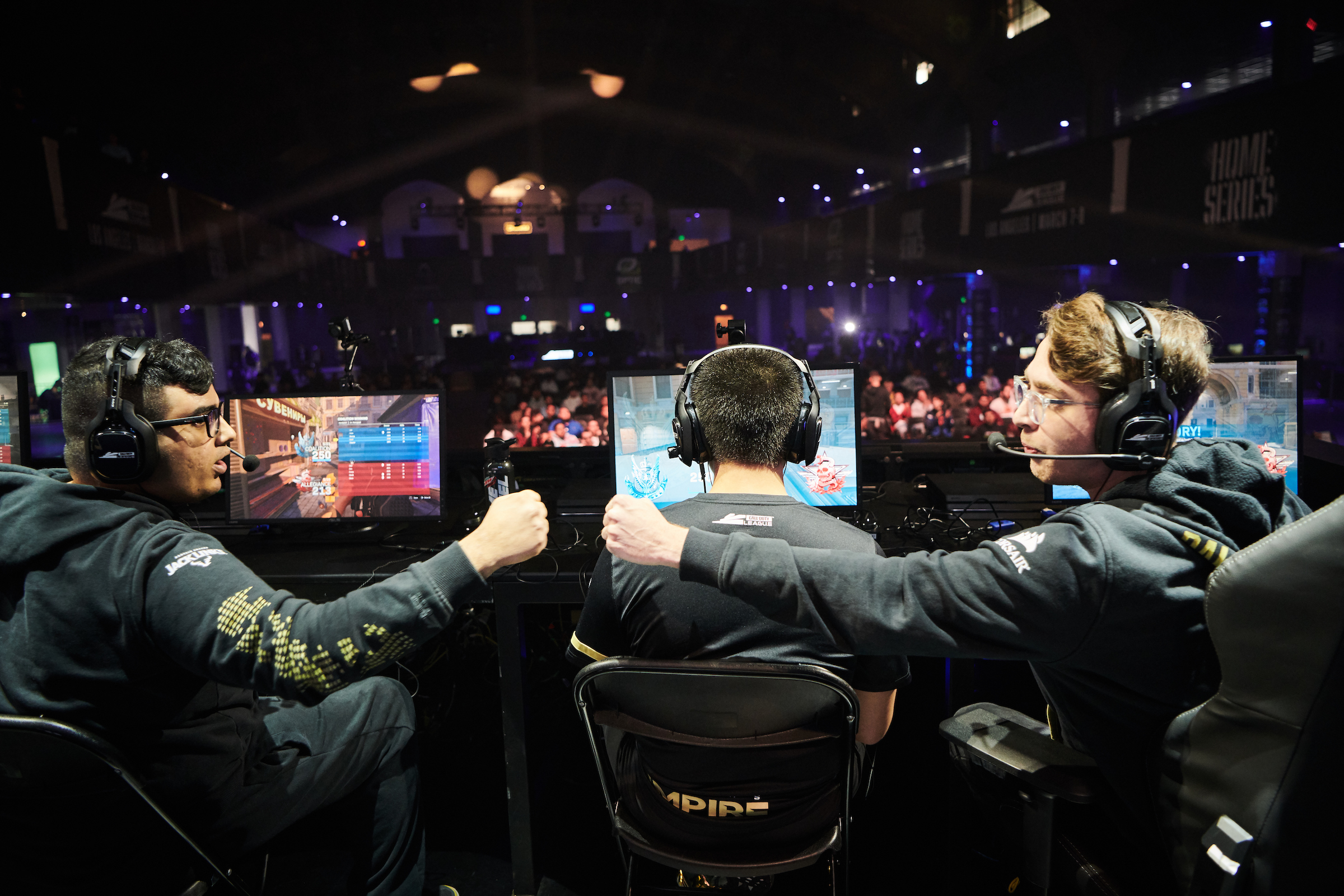

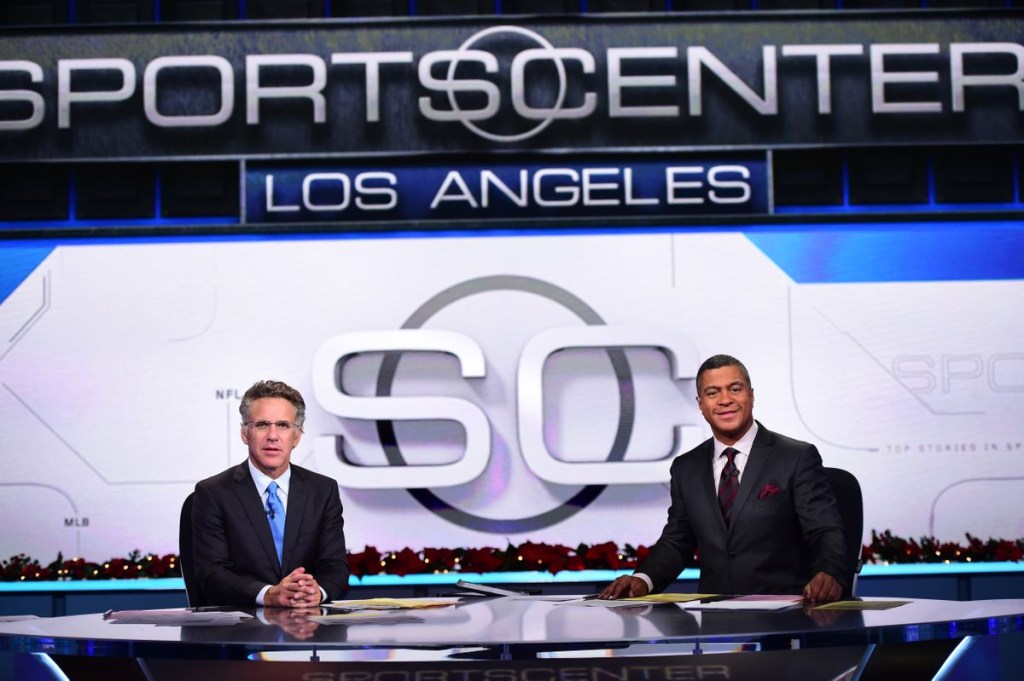
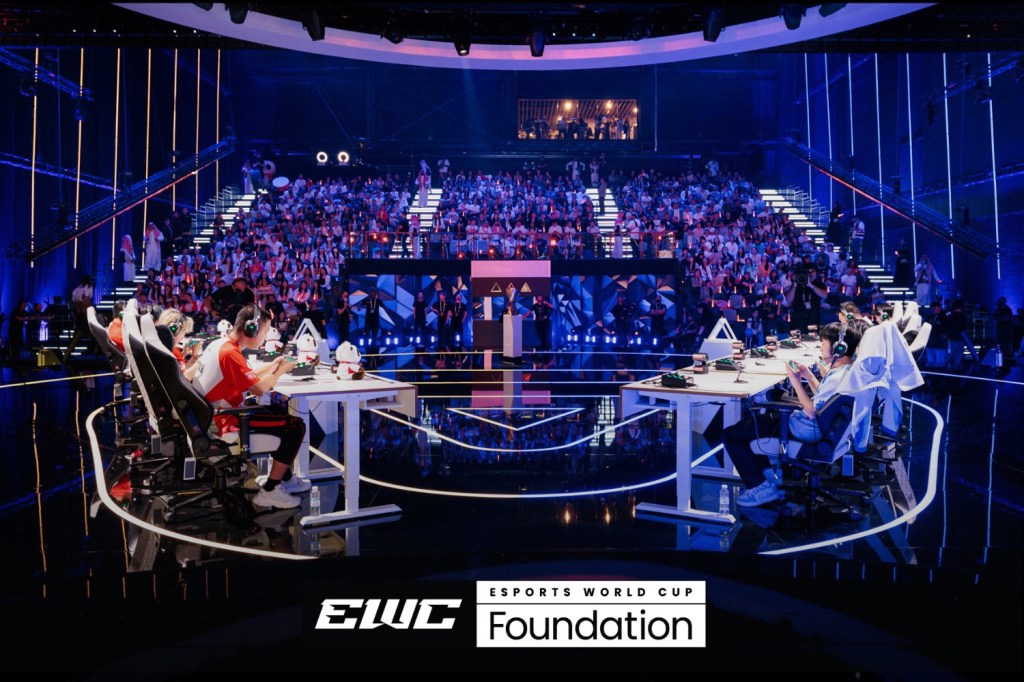
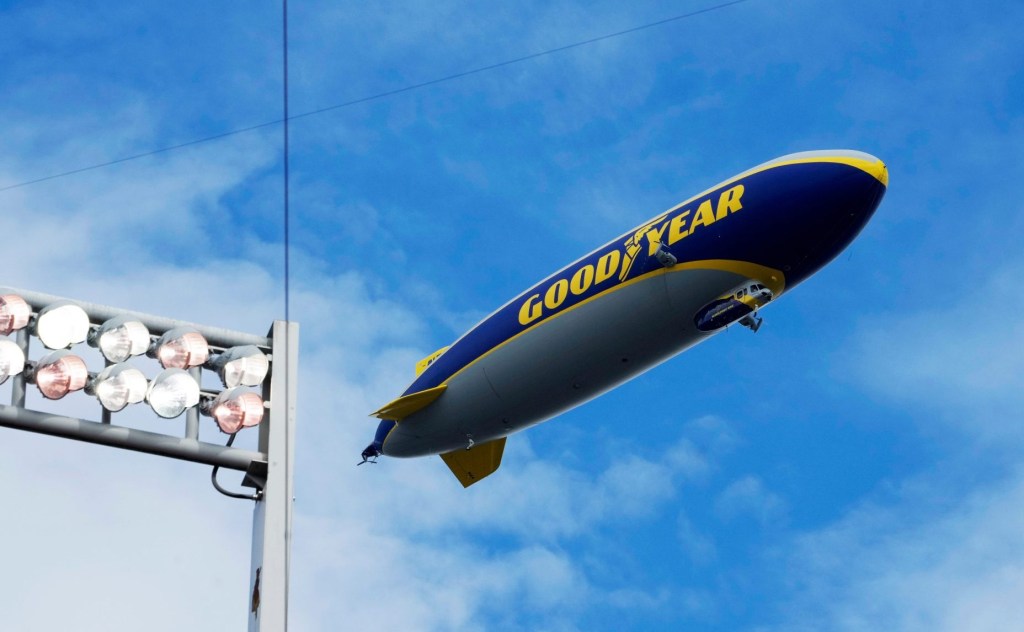

![[Subscription Customers Only] Jun 15, 2025; Seattle, Washington, USA; Botafogo owner John Textor inside the stadium before the match during a group stage match of the 2025 FIFA Club World Cup at Lumen Field.](https://frontofficesports.com/wp-content/uploads/2026/02/USATSI_26465842_168416386_lowres-scaled.jpg?quality=100&w=1024)
![[Subscription Customers Only] Jul 13, 2025; East Rutherford, New Jersey, USA; Chelsea FC midfielder Cole Palmer (10) celebrates winning the final of the 2025 FIFA Club World Cup at MetLife Stadium](https://frontofficesports.com/wp-content/uploads/2026/02/USATSI_26636703-scaled-e1770932227605.jpg?quality=100&w=1024)

